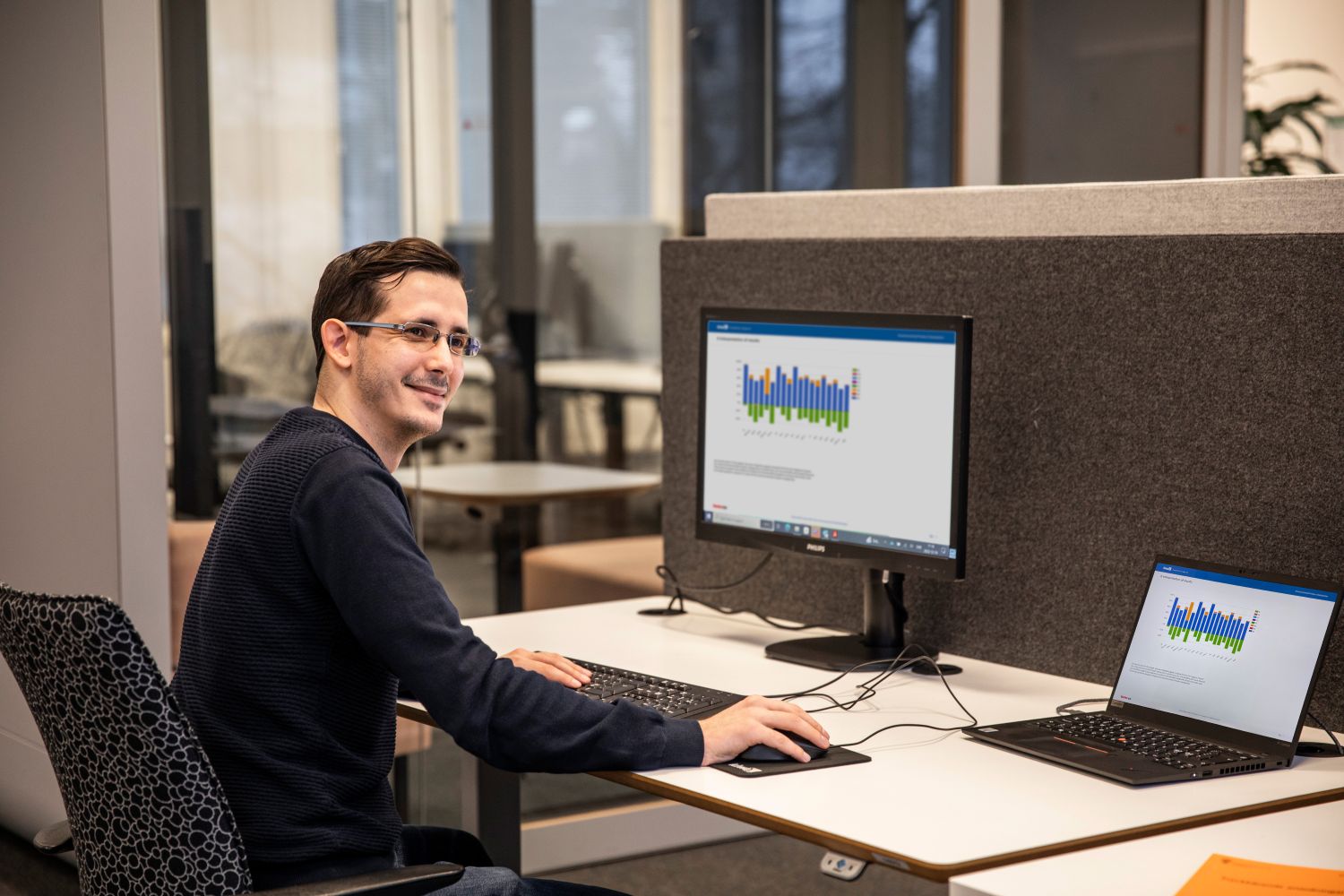5 Sustainability Challenges for Heat Pump Makers — Solved

Heat pump manufacturers are facing growing pressure to prove the environmental performance of their products. But behind the promise of clean technology lies a reality many producers struggle with: the complexity of life cycle assessments (LCAs) and environmental product declarations (EPDs).
That’s where we, at Kiwa, come in, offering practical, experienced support to help manufacturers transform sustainability requirements into measurable, manageable outcomes.
Niklas van Dijk, Environmental Engineer and Team Lead LCA/EPD General at Kiwa Berlin, offers 5 ways we help manufacturers overcome challenges.
Problem #1: “Our product is too complex for an LCA.”
“Heat pumps are built from a wide array of components and materials, and complexity can feel like a barrier to transparency. In fact, many manufacturers worry that their product is too complex to cover in a life cycle assessment, but we always find a solution,” explains Niklas. One manufacturer Niklas met recently in the Netherlands feared that gathering the right data for an EPD would be impossible.”
Our solution
“With our deep experience across various product categories, we support clients with tools and flexibility, including using industry-based assumptions where needed when data is not available,” explains Niklas. “We always find good solutions using estimations, even for very complex products. But the more accurate the data, the more meaningful the results.”

Problem #2: “We can’t commit a team to handle this internally.”
Especially for smaller sustainability teams, managing an LCA internally can be a resource drain.
Our solution
“Whether working remotely or in person, we adapt to the customer’s way of working and can handle most of the heavy lifting. The main task of the manufacturer is to support data collection. Everything else, such as EPD document preparation, is mainly handled by us. During the COVID-19 pandemic, we managed many projects online. Still, now we’re trying to show that meeting at least once in person makes sense — it really helps to develop the relationship and collect better data, which can have a large impact.”
Problem #3: “We don’t know what data to collect — or how.”
Without a clear roadmap, many manufacturers feel overwhelmed by the level of detail required for an LCA.
Our solution
“At Kiwa, we begin each project with a structured kickoff session and provide all the guidance needed,” explains Niklas. “We have a list with all the information we need, i.e., Excel sheets for data collection, including checklists that the manufacturers can use. Where possible, we recommend an on-site visit to streamline the process. If we do an on-site visit, we can collect the data for them or work with them. Then the customer doesn’t have to do it on their own.”
Problem #4: “We Don’t Really Understand the Value of an Environmental Product Declaration (EDP)”
EDPs are often treated as a formality or are not fully understood; yet, they can be one of the manufacturer's most valuable tools, improving environmental performance.
Our solution
“An EPD is designed to highlight environmental ‘hotspots’ in the production process, making it possible to identify materials or stages that could be improved. As such, we support manufacturers through the full EPD process, starting with a verified LCA aligned to international standards and ending with an independently verified declaration published on recognized platforms, such as the Eco Platform. Along the way, we help our customers understand what the data actually shows. We also guide customers on interpreting EPDs correctly, especially in procurement, where comparisons are often made. It’s important to understand that not all EPDs are directly comparable, and many mistakes happen when values are taken out of context.”
Problem #5: “We need a way to scale this.”
Manually creating individual EPDs for each product version can be costly and time-consuming.
Our solution
“For companies with larger product portfolios, we offer access to R<THINK — a digital tool designed to make the process more efficient. We use it for our calculations and EPDs, but customers can also obtain a license. With R<THINK, clients can duplicate existing product models, adjust key parameters, and generate new EPDs with minimal effort. It’s a cost-effective option for bigger manufacturers and onboarding is included, along with support if they run into any issues.”
Tackling solutions together
“What sets us apart at Kiwa is our technical ability, but our willingness to walk alongside clients through the process, helping them see the long-term value behind LCAs and EPDs,” concludes Niklas. “I always encourage our customers to look at their results to see what could be improved in the future. Whether simplifying data collection, offering digital tools, or creating space for sustainability improvements, we want to give heat pump manufacturers the clarity and confidence they need to move forward.”
“Our work has a high impact on our everyday life and the environment. Having good LCA results helps you analyse your product in depth and ultimately make it better,” concludes Niklas.
Looking for more practical ESG solutions? Explore more industry success stories in Trace Magazine.
Read more articles from the Trace Magazine
News
CPR Compliance — Your Last Chance to Act

News
LCA + EPD: The Acronyms That Will Shape the Future

News
Due Diligence Is Now a Business Strategy

News
The Solar Scorecard That’s Shaping a Global Industry

News
EU Battery Regulation: Deadlines Are Closer Than You Think

News
Food Safety Meets Sustainability: What’s Next for the Industry

News
From Plastic Waste to Certified Reuse: The Path to Circularity
